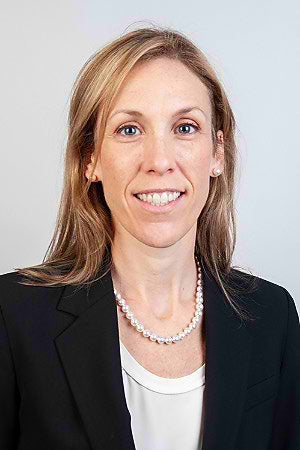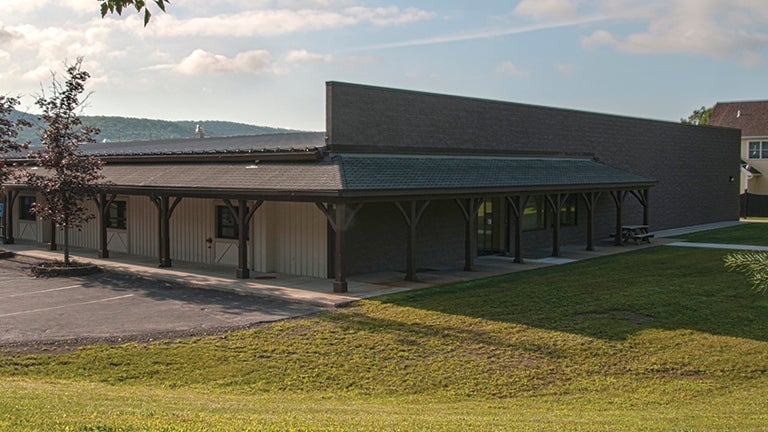Mohs Micrographic Surgery
Find a Practitioner
Mohs Surgery Practitioners
Search Locations
Mohs Surgery Locations
Mohs Surgery
Mohs micrographic surgery, commonly called Mohs surgery, is a very precise surgery used to treat skin cancer by removing and examining thin layers of cancerous skin cells repeatedly until only cancer-free tissue remains. The entire surgical procedure, including post-surgery reconstruction of the wound, is usually completed in a single outpatient appointment.
The Gold Standard Skin Cancer Treatment
Mohs surgery has the highest cure rate with the lowest chances of regrowth, in some cases less than 1%, for common types of skin cancer, including basal cell carcinomas (BCC), squamous cell carcinomas (SCC), as well as other less common skin cancers.
Mohs micrographic surgery is considered the gold standard of certain skin cancer surgery treatments because of the high cure rate and because it saves the greatest amount of healthy skin, while also leaving the smallest scar possible for basal cell carcinoma and squamous cell carcinoma treatments.
Call (607) 547-6542 for referrals or to schedule an appointment.

Meet Dr. Margaret Dowd
Board-Certified Dermatologist
Fellowship-Trained and Board-Certified Mohs Surgeon
Dr. Margaret Dowd is committed to the highest standards of Mohs surgery excellence and is board-certified by both the American Board of Dermatology and the American College of Mohs Surgery (ACMS). She is also one of a select few ACMS Fellowship-trained Mohs surgeons in Central New York.
Mohs Surgery Overview
Watch this video from the American College of Mohs Surgery (ACMS) that breaks down what you can expect from Mohs surgery, and why this is considered one of the most effective treatments for common types of skin cancer:

Before, During, & After Your Mohs Surgery
Here is some additional information about what you can expect before, during, and after your Mohs surgery at Bassett Healthcare Network — including a post-Mohs surgery wound care tip video from the ACMS:
We recommend the following before your surgery:
- Avoid taking aspirin, Advil, Motrin, or other aspirin-containing products, unless directed by your practitioner, to minimize the risk of bleeding
- Minimize alcohol intake for a few days before and after your surgery to minimize the risk of bleeding
- If you’re a smoker, quit smoking for a few days before and after your surgery to help speed up the healing process
Once your Mohs surgery is finished and your surgeon has confirmed that all the cancerous cells have been removed, your wound will either be stitched closed or left to heal on its own, depending on its size and location.
In most cases, your reconstructive surgery will take place at the same appointment as your Mohs surgery. This surgery will also be done using local anesthetic only, and you will be able to remain awake for the entirety of the procedure. Reconstruction will involve closing the wound in a linear fashion, creating a skin flap (shifting nearby tissue), or a skin graft (taking healthy skin from an unaffected area of the body) to close the wound. Your surgeon will then provide you with detailed instructions on how to care for your wound.
After your Mohs and reconstruction surgery:
- You will go home the same day as your procedure
- Leave dressings on as instructed by your surgeon
- Avoid strenuous activity and lifting
- Some swelling and bruising are expected
- Bruising and swelling usually dissipate within one to two weeks
- Most patients resume their normal routines within a week to ten days
- Most swelling subsides within a few weeks, although complete resolution of swelling can take several months
- Any incision through the skin will result in a scar, reconstructive techniques are intended to minimize the visibility of the scar
Watch a short video from the ACMS that provides post-Mohs surgery wound care tips:

Schedule a Dermatology Appointment
Do you believe you might have a form of skin cancer, such as basal cell carcinoma or squamous cell carcinoma? Our dermatology team is here to help guide you through the diagnosis and treatment process to give you the best outcome possible. Speak with your healthcare practitioner for a referral or call (607) 547-6542 to schedule an appointment with one of our dermatologists.
Bassett Healthcare Network offers consultations for skin cancer surgery treatment throughout Upstate and Central New York, including in Cobleskill, Cooperstown, Herkimer, Little Falls, and Oneonta, NY. Mohs surgery treatment is offered at Bassett’s Hartwick Seminary Specialty Services in Milford, NY.



